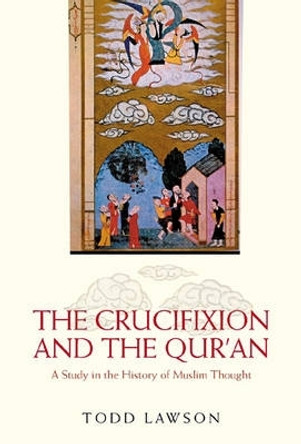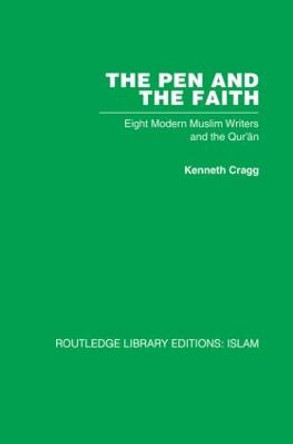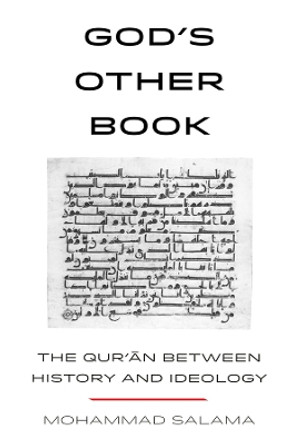Description
This book examines the political nature of contemporary Muslim Qur’ān Hermeneutics. In particular, it examines how a historical view of scripture – developed and canonized in a Western academic context – is debated by Muslim thinkers today. I argue that methodological discussions about the Qur’ān are used to negotiate farther-reaching ethical concerns, both societal and political. They hence offer a window into socio-religious change today.
Proponents of historical hermeneutics often consider them universally applicable – as a remedy for the partialities of tradition and a vehicle for progress. They interpret any opposition in binary categories: modern-premodern, outsider-insider, objective-subjective. Viewing the Qur’ān as a political object, however, sheds new light on these debates. The author contends that reading the Qur’ān as literature or as a historical document does not merely hinge on method or qur’ānic ontology but also on conceptions of human nature. Dissonances regarding epistemology and human nature lead to different sensibilities vis-à-vis the Qur’ān.
Examining in detail debates over historical Qur’ān hermeneutics is meant to discern ways for a rapprochement between Western academic and Islamic qur’ānic studies.
Book Information
ISBN 9783111335407
Author Rahel Fischbach
Format Hardback
Page Count 175
Imprint De Gruyter
Publisher De Gruyter








